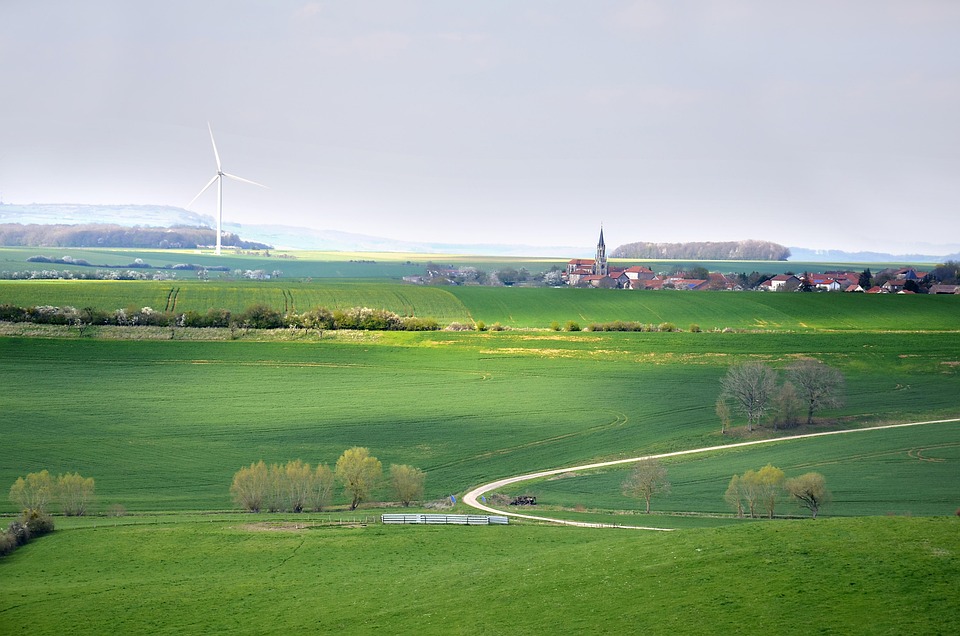In an era defined by environmental challenges and a growing awareness of sustainability, the idea of transforming waste into wealth has gained significant traction. Innovative technologies are emerging that not only mitigate the global waste crisis but also convert what we once deemed trash into valuable resources. This transformation not only addresses the environmental challenges associated with waste but also paves the way for economic opportunities.
The Growing Waste Crisis
Globally, we generate over 2 billion tons of waste each year, with projections indicating that this figure could increase by 70% by 2050 if no action is taken. Landfills are overflowing, ocean pollution is rampant, and the emissions from waste breakdown are contributing to climate change. In response to these challenges, a shift is occurring—one that seeks to see waste not as an end product but as a resource.
Innovative Technologies Making a Difference
1. Biomass Conversion
Biomass conversion technology utilizes organic waste to produce renewable energy sources, such as biofuels, biogas, and electricity. Through processes like anaerobic digestion and pyrolysis, organic materials such as food scraps, agricultural residue, and even manure can be transformed into energy. Fortune 500 companies are starting initiatives to convert waste from their production lines into energy, significantly reducing their carbon footprints while simultaneously creating an additional revenue stream.
2. Waste-to-Energy Plants
Waste-to-energy (WtE) plants employ advanced combustion technologies to convert non-recyclable waste materials into electricity, heat, or fuel. By optimizing combustion processes, these plants can efficiently produce energy from what would otherwise occupy landfill space. The technology also incorporates recycling processes that extract valuable metals and materials for reuse, essentially redefining waste management from disposal to energy generation.
3. Plastic Recycling Innovations
With plastic waste accounting for nearly 15% of the total waste generated, innovative recycling technologies are vital. Companies like Plastic Energy are spearheading efforts to convert plastic waste back into valuable resources. Their chemical recycling process breaks down plastics into their fundamental components, allowing them to be transformed back into virgin-quality raw materials. This ensures that plastic waste can be repurposed rather than ending up in landfills or oceans.
4. Urban Mining
Urban mining refers to the process of reclaiming valuable materials from electronic waste (e-waste), construction debris, and other by-products of urban activity. Extracting precious metals like gold and silver from discarded electronics through advanced technologies not only conserves natural resources but also reduces the need for environmentally damaging mining operations. Companies utilizing urban mining techniques are turning e-waste into lucrative business ventures.
5. Waste Sorting and AI Technology
Artificial Intelligence (AI) is making waves in the waste management sector by enhancing sorting processes at recycling facilities. Smart sorting systems can identify and categorize different types of materials in real-time, ensuring that recyclables are appropriately processed. Companies like AMP Robotics are implementing AI-driven robots to sort waste more efficiently, significantly improving recycling rates and reducing contamination.
Economic Opportunities in Waste Management
The transition from waste to wealth is not purely an environmental endeavor. It presents an array of economic opportunities that can drive job creation, stimulate innovation, and enhance competitiveness. The green economy sector is projected to grow substantially, with opportunities in recycling, renewable energy, and sustainable manufacturing.
Investing in waste-to-wealth technologies not only provides economic benefits but also fosters a more circular economy—one where resources are reused and recycled, minimizing waste generation and extending the lifecycle of materials. This shift encourages businesses to rethink their production processes and supply chains, leading to a more sustainable future.
Conclusion
The future of waste management is bright, thanks to innovative technologies that redefine our relationship with trash. From biomass conversion to AI-enhanced recycling processes, these advancements are proving that waste can indeed become a valuable asset. As individuals, businesses, and governments increasingly recognize the importance of sustainability, the transition from waste to wealth will not only create economic opportunities but also contribute to a healthier planet. Embracing this new mindset is crucial for building a sustainable future where trash truly becomes treasure.



